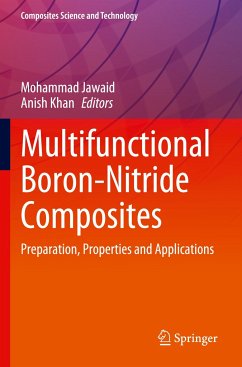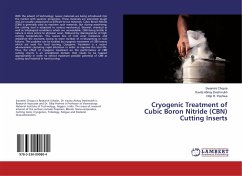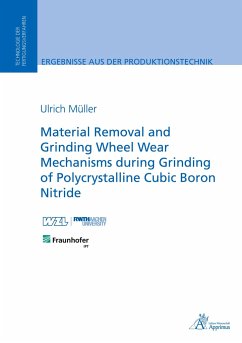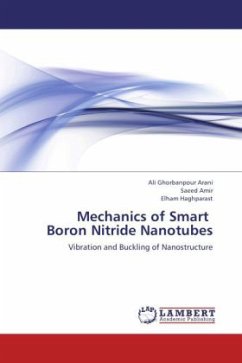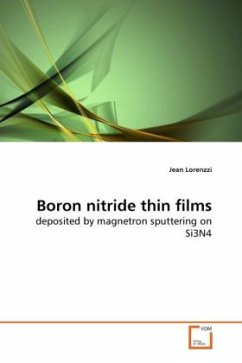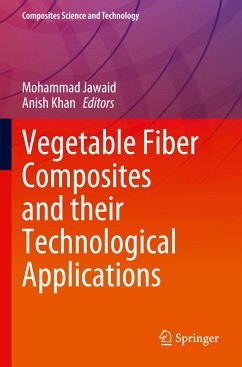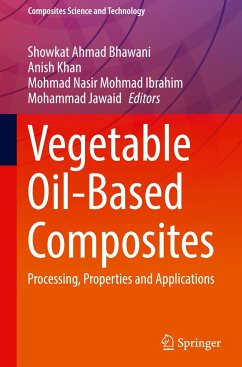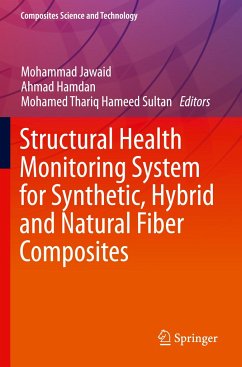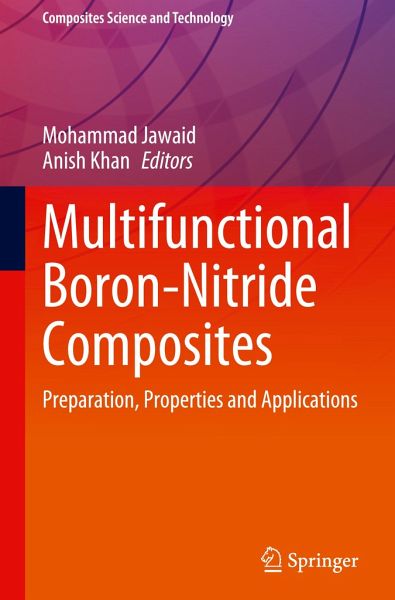
Multifunctional Boron-Nitride Composites
Preparation, Properties and Applications
Herausgegeben: Jawaid, Mohammad; Khan, Anish

PAYBACK Punkte
68 °P sammeln!
This book presents the latest studies in the synthesis and application of boron nitride (BN) composites as multifunctional materials for advanced technologies. BN, the second hardest material after diamond, has different allotropic forms similar to carbon and can exist as nanosheets, nanotubes, nanoshells, and 3D permeable nanostructure. The different chapters in this book highlight the BN nanostructures and its composite materials synthesized with conducting polymer, epoxy, nylon, graphene, and natural fiber composite, to produce materials with enhanced properties such as excellent mechanical...
This book presents the latest studies in the synthesis and application of boron nitride (BN) composites as multifunctional materials for advanced technologies. BN, the second hardest material after diamond, has different allotropic forms similar to carbon and can exist as nanosheets, nanotubes, nanoshells, and 3D permeable nanostructure. The different chapters in this book highlight the BN nanostructures and its composite materials synthesized with conducting polymer, epoxy, nylon, graphene, and natural fiber composite, to produce materials with enhanced properties such as excellent mechanical wear resistance, superior thermal conductivity, and unique electronic properties. This book caters to researchers and academics interested in BN-based composite and its potential applications in nanoscale electrical and thermal devices and metal-free electro- and photo-catalysts.



